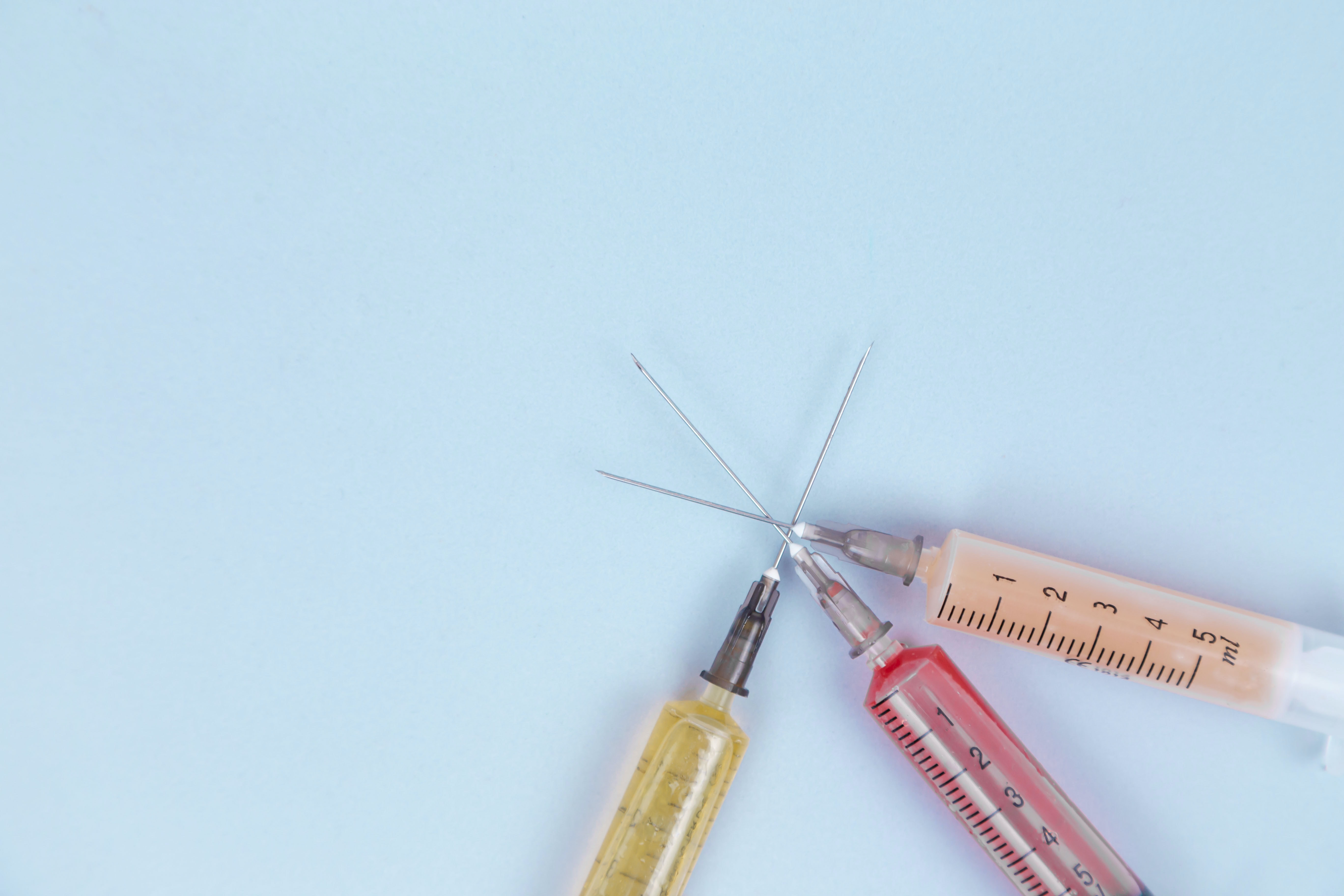News release
From:
MULTIPLE SCLEROSIS AND IMMUNISATION STATUS
THE immunisation status of patients newly diagnosed with multiple sclerosis (MS) must not be overlooked when beginning treatment with immunomodulatory or immunosuppressive disease-modifying therapies (DMTs), according to the authors of a Perspective published today by the Medical Journal of Australia.
“Determining immunisation status when commencing DMTs is key, as is an individualised approach to risk–benefit assessment when considering vaccinations,” wrote the authors, led by Dr Cassie Nesbitt, a neurologist at Alfred Health in Melbourne.
“MS is an autoimmune disorder treated with DMTs. Immunosuppression predisposes [patients with MS] to infection risk, including opportunistic infections; a higher long-term risk of some infection-related malignancies is also likely.
“Infections in patients with MS may result in increased relapses, functional decline and pregnancy complications.”
Early planning was vital, Nesbitt and colleagues wrote.
“A full course of vaccinations should be considered for non-immune patients before commencing a DMT; this is sometimes forgotten in the urgency of managing a new MS diagnosis.
“Live vaccinations use an attenuated viral or bacterial strain and are contraindicated with most DMTs because of the risk of disseminated infection when used in immunocompromised states. Administration of live vaccines is recommended before DMT commencement,” they wrote.
“Routine vaccinations are not associated with increased MS relapse risk,10 although the risk of relapse associated with yellow fever vaccination remains unclear.
“Immunisations administered in accordance with local guidelines are considered the best strategy for minimising the risk of infections that could trigger MS relapses. In patients experiencing clinically significant relapses, delaying vaccine administration has been suggested until patients have stabilised and show signs of improvement (typically 4–6 weeks).
“Additional consideration is required for women with MS who are planning a pregnancy,” they wrote.
“Women should receive live vaccinations before conception to prevent adverse pregnancy outcomes; however, DMT cessation to allow vaccination before conception is often not feasible. Vaccination should therefore be explored as early as possible, preferably before commencement of DMT, as it may represent a one-off opportunity.”
The Perspective also provides guidance on the following vaccines:
• Influenza (non-live);
• Primary varicella (live);
• Varicella zoster reactivation (live);
• Measles–mumps–rubella (live);
• Pneumococcus (non-live);
• Hepatitis B virus (non-live);
• Diphtheria–tetanus–pertussis (non-live);
• Meningococcal disease (non-live);
• Yellow fever (live);
• Human papillomavirus (non-live); and,
• Travel vaccines.
“Live vaccinations are contraindicated in patients once they have commenced a DMT,” Nesbitt and colleagues concluded.
“Although we consider it safe to combine non-live vaccinations with DMTs, data are limited regarding their efficacy and durability.”
All MJA media releases are open access and can be found at:
https://www.mja.com.au/journal/media
Please remember to credit The MJA.
The Medical Journal of Australia is a publication of the Australian Medical Association.



 Australia; NSW; VIC
Australia; NSW; VIC



